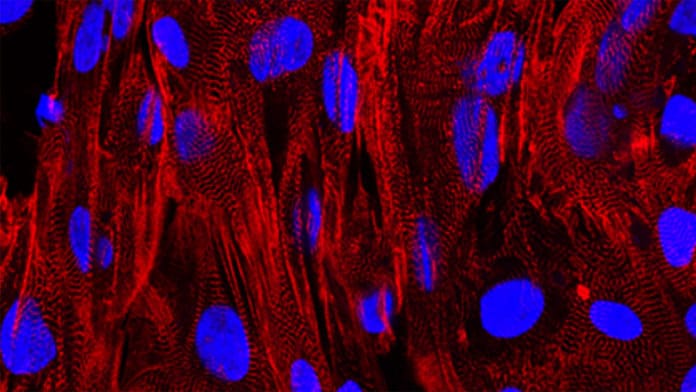Diabetes increases the chances of the heart being exposed to hypoxia. The heart cells are less likely to tolerate hypoxia and therefore die more quickly.
Scientists at the University of Oxford recently identified a drug that could help diabetic hearts recover after a heart attack. The drug, which is in clinical trials for treating anemia, shows promising results in reducing the risk of developing heart failure.
The drug called Molidustat increases levels of a protein called Hypoxia-Inducible Factor 1 (HIF). These protein levels help cells adapt and survive after they run out of oxygen.
Scientists suggest that giving Molidustat to people with diabetes will help their hearts recover after a heart attack. It also reduces their risk of further complications, such as heart failure.
When oxygen levels fall, HIF levels increase, causing it to activate its ‘target’ genes, which help cells to adapt and survive. However, previous research has found that people with diabetes have lower levels of HIF in their heart cells.
When scientists treated human heart cells with Molidustat, they saw increased levels of the HIF protein and activation of its target genes.
Scientists also determined the impact of molidustat on heart function. They did this by exposing the hearts of rats with and without type 2 diabetes to low oxygen levels.
They found that after the period of low oxygen, the function of the diabetic hearts was significantly decreased. However, when these hearts were treated with molidustat, their function recovered to the level of those without diabetes.
It was also found that Molidustat increases the signals involved in the growth of new blood vessels.
Dr. Lisa Heather, BHF Intermediate Research Fellow at the University of Oxford, said: “Even with optimal management, people with type 2 diabetes still have a higher risk of developing heart and circulatory diseases. They’re then more likely than people without diabetes to develop heart failure after a heart attack.”
“Despite this, there are no treatments available to help the diabetic heart recover after a heart attack. We’re hopeful that we’ve identified a drug that can address this unmet need and improve outcomes for people with diabetes after a heart attack.”
Professor Metin Avkiran, Associate Medical Director at the British Heart Foundation, said: “Heart and circulatory diseases are the leading cause of death in people with diabetes, a condition which affects nearly 5 million people in the UK.”
“These promising results suggest that drugs which stabilize HIF could become a new treatment to reduce the risk of heart failure after a heart attack in people with diabetes. Further research is now needed to translate these early-stage findings into clinical benefit.”
Journal Reference:
- Maria da Luz Sousa Fialho, Ujang Purnama et al. Activation of HIF1α Rescues the Hypoxic Response and Reverses Metabolic Dysfunction in the Diabetic Heart. DOI: 10.2337/db21-0398
